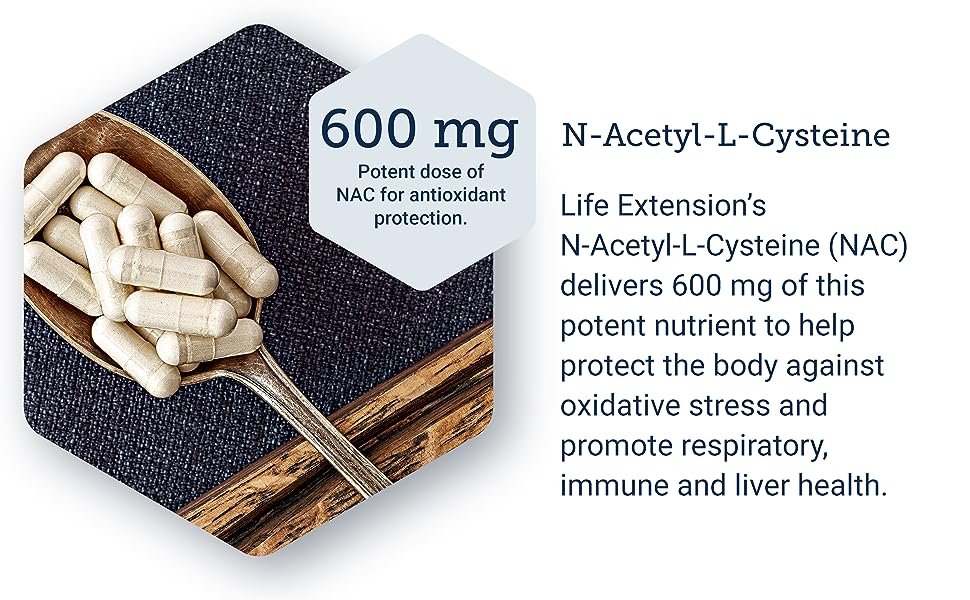NAC Endometriosis Fertility
Unlocking Hope for Fertility: N-Acetylcysteine (NAC) and Endometriosis
Endometriosis is a challenging condition affecting millions of women worldwide, characterized by the abnormal growth of endometrial tissue outside the uterus. Apart from debilitating pain and discomfort, endometriosis can significantly impair fertility, posing a profound obstacle to women aspiring to conceive. Amidst the array of treatments available, emerging research suggests a promising ally in the form of N-acetylcysteine (NAC), a potent antioxidant and mucolytic agent.
Endometriosis Impact on Fertility
Endometriosis manifests when tissue similar to the lining of the uterus grows outside it, often on the ovaries, fallopian tubes, or the outer surface of the uterus. This misplaced tissue continues to act like normal endometrial tissue, thickening, breaking down, and bleeding with each menstrual cycle. However, without a natural outlet, the blood becomes trapped, leading to inflammation, scarring, and the formation of painful adhesions.
One of the most pressing concerns for women with endometriosis is its adverse effect on fertility. The inflammatory environment created by endometrial implants can disrupt ovulation, impair embryo implantation, and cause structural abnormalities in reproductive organs, all of which significantly diminish the chances of conception.

NAC For Fertility Benefits
In recent years, scientific interest has turned towards NAC for its potential in managing endometriosis and restoring fertility. NAC is a derivative of the naturally occurring amino acid cysteine, renowned for its antioxidant properties and its ability to replenish intracellular glutathione, the body’s master antioxidant. Beyond its antioxidant role, NAC also exhibits anti-inflammatory properties and can modulate the immune response, factors crucial in the pathophysiology of endometriosis.
NAC Supplement 600mg Amazon Purchase.
Scientific Evidence Supporting NAC for Endometriosis
Several studies have explored the efficacy of NAC in alleviating symptoms and improving fertility outcomes in women with endometriosis:
- Reduction of Oxidative Stress: Endometriosis is associated with increased oxidative stress, which contributes to the progression of the disease. NAC’s ability to enhance antioxidant defenses has been demonstrated in studies, effectively reducing oxidative damage to endometrial tissue.
- Inhibition of Inflammatory Pathways: Chronic inflammation plays a pivotal role in the pathogenesis of endometriosis. NAC has been shown to exert anti-inflammatory effects by inhibiting pro-inflammatory cytokines and signaling pathways implicated in the development and progression of the disease.
- Improvement in Ovulatory Function: Women with endometriosis often experience disturbances in ovulation, further complicating fertility. NAC supplementation has shown promise in restoring normal ovulatory function, potentially enhancing the chances of conception.
- Reduction of Pelvic Pain: Pain management is a cornerstone of endometriosis treatment. While NAC’s primary focus lies in addressing the underlying mechanisms of the disease, its anti-inflammatory and analgesic properties may provide relief from pelvic pain associated with endometriosis.
How To Take NAC For Endometriosis Fertility
For women considering NAC supplementation as part of their endometriosis management and fertility enhancement strategy, it’s essential to approach its usage with guidance:
- Dosage: Typical dosages range from 600mg to 1200mg per day, divided into two to three doses. However, it’s advisable to start at the lower end of the dosage range and gradually increase under medical supervision.
- Duration: NAC supplementation is often administered cyclically, mirroring the menstrual cycle. A common regimen involves taking NAC for three consecutive days a week, starting after menstruation and continuing until ovulation.
- Combination Therapies: NAC can complement existing treatment modalities for endometriosis, including hormonal therapies, pain management strategies, and fertility interventions. However, it’s crucial to consult with a healthcare provider to ensure compatibility and safety.
Endometriosis presents a multifaceted challenge, intertwining pain, inflammation, and infertility. Amidst this complexity, N-acetylcysteine emerges as a beacon of hope, offering therapeutic potential rooted in its antioxidant, anti-inflammatory, and ovulatory-regulating properties. While scientific evidence continues to unravel the intricacies of NAC’s role in endometriosis management, its inclusion in comprehensive treatment approaches heralds a promising horizon for women seeking relief and restoration of fertility in the face of this challenging condition.
Published by HOLR Magazine.


